Arizona stands as one of the boldest states when it comes to protecting residents’ rights to defend themselves. Its self-defense landscape, defined by laws resembling “Stand Your Ground,” continues to evolve amidst ongoing public safety debates, increasing urbanization, and shifting crime trends in cities from Phoenix to Tucson and smaller towns like Tolleson or Globe.
If you’re an Arizona resident or visitor in 2025, it’s crucial to understand the nuances of the state’s self-defense statutes—what they mean for everyday encounters, how they differ by location, and the real-life impacts seen across communities.
What Does “Stand Your Ground” Mean in Arizona?
The Core Principle
At its heart, “Stand Your Ground” refers to the legal rule that a person may use force—including deadly force—if they reasonably believe it is necessary to defend themselves, with no requirement to retreat first. In Arizona, this privilege applies whether you’re at home, at work, in your vehicle, or anywhere else you have a legal right to be.
Statutory Basis (ARS 13-405)
-
No Duty to Retreat: Arizona’s laws—primarily Article 13, Section 405—remind everyone that if you’re faced with an unlawful threat, you do not have to try to escape before defending yourself.
-
Reasonable Belief: To use force legally, you must genuinely believe you’re in imminent danger of serious injury or death.
-
Location Matters: The law applies in your own house, your neighbor’s backyard (with permission), at a Phoenix grocery store, or while walking Tempe’s downtown.
A Brief History of Self-Defense in Arizona
Historically, Arizona’s “self-defense” ethos has strong roots in the Old West mentality: personal responsibility, and the right to personal protection. The modern iteration, codified in statutes but lacking the explicit wording of “Stand Your Ground,” still provides robust legal defenses for those acting to prevent attacks.
How Does the Law Work in Practice?
When Can You Use Force?
You may use force if you, as a “reasonable person,” think it is needed to prevent someone else from using unlawful physical force against you. This standard means:
-
The fear of harm must be imminent.
-
Threatening or using force cannot be a pre-emptive response to a vague fear.
-
Force must not be “grossly disproportionate”—shooting at someone for trespassing rarely qualifies as lawful.
Use of Deadly Force
Deadly force is justified only when you reasonably believe it’s necessary to prevent:
-
Death or serious bodily injury to yourself or another.
-
Certain violent felonies (e.g., kidnapping, or sexual assault).
Real-World Scenarios
At Home: The Castle Doctrine
Arizona follows the “Castle Doctrine,” granting you special protections inside your own home. If a burglar enters your Tucson residence at night, you can “stand your ground” without being forced to retreat, provided your response is reasonable for the perceived threat.
In Your Vehicle or Workplace
The law extends to your car and place of employment. If you’re carjacked in Phoenix, for example, you have the right to use force if threatened.
Public Places
Whether at a Chandler park or on a Glendale sidewalk, you retain your self-defense rights. The crucial detail: you must be lawfully present.
Exceptions and Limitations
-
You cannot claim self-defense if you are the initial aggressor—if you started the fight, legal protection evaporates.
-
Retaliation is not justified—if the threat has ended and the attacker is fleeing, you’re no longer protected by self-defense statutes.
-
Force in Defense of Property: Arizona allows reasonable force to protect property, but deadly force is rarely justified unless your life is in immediate danger.
How Courts Determine “Reasonable Belief”
Courts across Arizona, from Mesa to Nogales, assess “reasonableness” from the lens of what an “average person” would think in similar circumstances.
Factors considered:
-
Who initiated the conflict?
-
Was there a clear, imminent threat?
-
Was the level of force appropriate given the danger presented?
City Spotlight: Stand Your Ground in Urban Arizona
Phoenix
Arizona’s largest city sees a diverse range of self-defense claims—from armed home invasions to street robberies. In 2025, Phoenix continues to deploy new technologies and community police programs to combat violent crime, but the right to defend oneself remains hotly debated in the courts and public forums.
Tucson
Tucson maintains a higher-than-average violent crime rate among large cities, with 5.9 violent crimes and 29.4 property crimes per 1,000 residents in 2025. Reform programs and neighborhood watch initiatives have recently led to a double-digit drop in homicides. Still, residents frequently cite the Stand Your Ground law as a critical protection against both carjackings and burglaries.
Tempe
College-centric Tempe faces common urban crimes, particularly bike thefts and campus-related assaults. The city has responded by promoting awareness about lawful self-defense under Arizona statutes and distributing resources about when force is justified.
Tolleson, South Tucson, Guadalupe
Tolleson endures the highest per-capita crime in Arizona, with a crime rate above 13,000 incidents per 100,000 people. Residents have about a 1-in-8 chance of becoming a victim annually. Here, Stand Your Ground principles are invoked more frequently, both for self-defense and in public safety debates.
Statistics: Crime and Self-Defense in 2025
Statewide Trends
-
Violent Crime: Overall, violent crime in Arizona dipped about 3% statewide in 2025, aided by increased policing and youth outreach.
-
Homicides: Arizona’s big cities—Phoenix and Tucson—saw double-digit percentage decreases in homicide counts, thanks in part to faster police response and new surveillance.
-
Auto Theft: Reports of car theft surged in Phoenix and Tucson, up nearly 24% against five-year averages, influencing conversations about in-car self-defense and concealed carry.
-
Small Towns: Tolleson and South Tucson cut violent and property crime by double digits after implementing new street lighting and job programs.
Safest Arizona Cities (2025)
-
Oro Valley: 0.6 violent crimes, 11.5 property crimes per 1,000.
-
Queen Creek: 1.2 violent, 8.8 property crimes per 1,000.
-
Gilbert: Same trend with low violence but slightly higher property losses.
-
Sahuarita: Similar safety profile.
-
Surprise: Just 0.9 violent crimes and 12.6 property crimes per 1,000 people.
The Impact of Stand Your Ground: Facts and Debates
Supporters’ Perspective
Proponents across Arizona argue that Stand Your Ground laws:
-
Empower individuals—reduces hesitation during life-threatening encounters.
-
Deter violent crime in high-risk neighborhoods.
-
Protect the vulnerable, particularly in cities with slow police response times.
Critics’ Perspective
Critics cite concerns that:
-
Stand Your Ground laws may lead to more armed confrontations and deaths, especially where misunderstandings or quick escalation occur.
-
Multiple U.S.-wide and academic studies have linked such statutes to an increase in homicide rates—estimates suggest an 8% to 11% jump in monthly homicide and firearm homicide rates in similar states.
-
The laws can lead to disproportionate outcomes for minorities and those involved in heated but non-lethal disputes.
The Legal Process After a Self-Defense Incident
Proving Justification
If you use force and claim self-defense, Arizona law requires the prosecution to prove, beyond a reasonable doubt, that your actions were not justified. This burden protects defendants but does not guarantee acquittal.
-
Immediate police interviews, eyewitness accounts, forensic evidence, and security camera footage are all used to judge the claim.
-
The process applies whether the event happens in a downtown Scottsdale parking lot or a Flagstaff hiking trail.
Civil Lawsuits
Even if criminal charges are dropped, those who use deadly force may face civil lawsuits from the attacker’s family or injured parties. “Stand Your Ground” protections don’t provide immunity from civil court liability.
Common Myths About Arizona Stand Your Ground Law
Myth 1: I Can Use Force Whenever I Feel Threatened.
Reality: The perceived threat must be immediate and credible. You can’t use force for verbal threats or when someone is merely trespassing with no sign of violence.
Myth 2: The Law Only Applies at Home.
Reality: Self-defense statutes also protect you in vehicles, workplaces, and public areas, provided you are lawfully present.
Myth 3: Stand Your Ground Means No Consequences.
Reality: Misuse of force, even with sincere fear, can result in criminal prosecution, lawsuits, and loss of gun rights.
Practical Advice for Arizona Residents in 2025
-
Know Your Rights: Familiarize yourself with local laws—especially if you live in or travel to cities like Phoenix, Mesa, Yuma, or Douglas where crime trends differ.
-
Assess Every Situation: Use force only if you truly believe your safety is at risk—and be prepared to justify that belief.
-
Seek Legal Help: If you’re involved in a self-defense incident, immediately seek legal counsel.
-
Take Safety Courses: Many cities, including Tucson and Glendale, offer workshops on lawful self-defense and responsible firearm ownership.
-
Community Involvement: Join neighborhood watch groups and support safety initiatives; it helps reduce crime risk on a broader level.
Stand Your Ground and the Future of Arizona
As Arizona’s population grows and new crime patterns emerge, legislators and residents continually discuss how to balance the rights of law-abiding citizens with public safety concerns.
Debate will continue: Throughout Phoenix, Scottsdale, Nogales, and rural towns, expect “Stand Your Ground” to remain central in legal, political, and social dialogues, shaped by data, high-profile cases, and community voices.
Conclusion
Arizona’s Stand Your Ground law in 2025 is both empowering and demanding: empowering in that it gives residents the right to defend themselves anywhere they have a legal right to be, demanding in that it requires a careful, reasonable, and measured response to threats.
From the bustling streets of Phoenix to the quiet suburbs of Oro Valley or Queen Creek, understanding your self-defense rights ensures you’re protected not just by the law, but by your own knowledge and preparation. In a rapidly changing legal and social landscape, Arizonans who take the time to learn the facts—rather than rely on myths—will be best equipped to stay safe and handle whatever challenges arise.

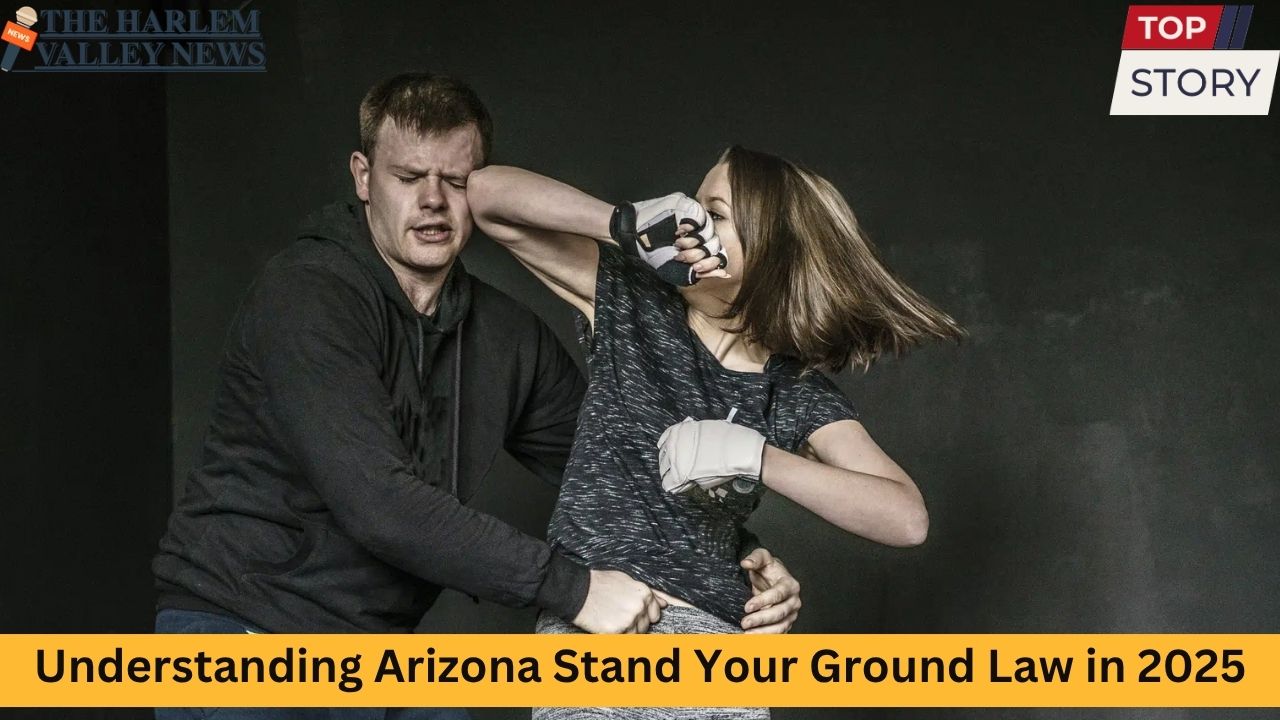

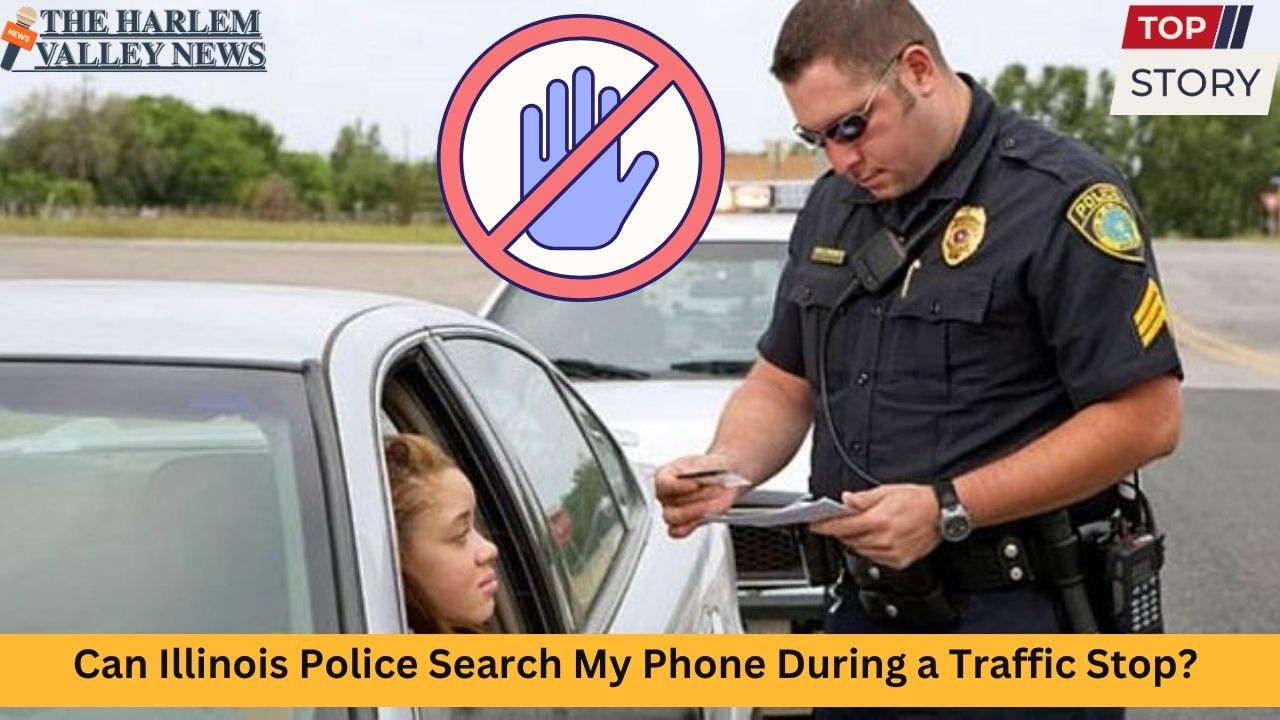
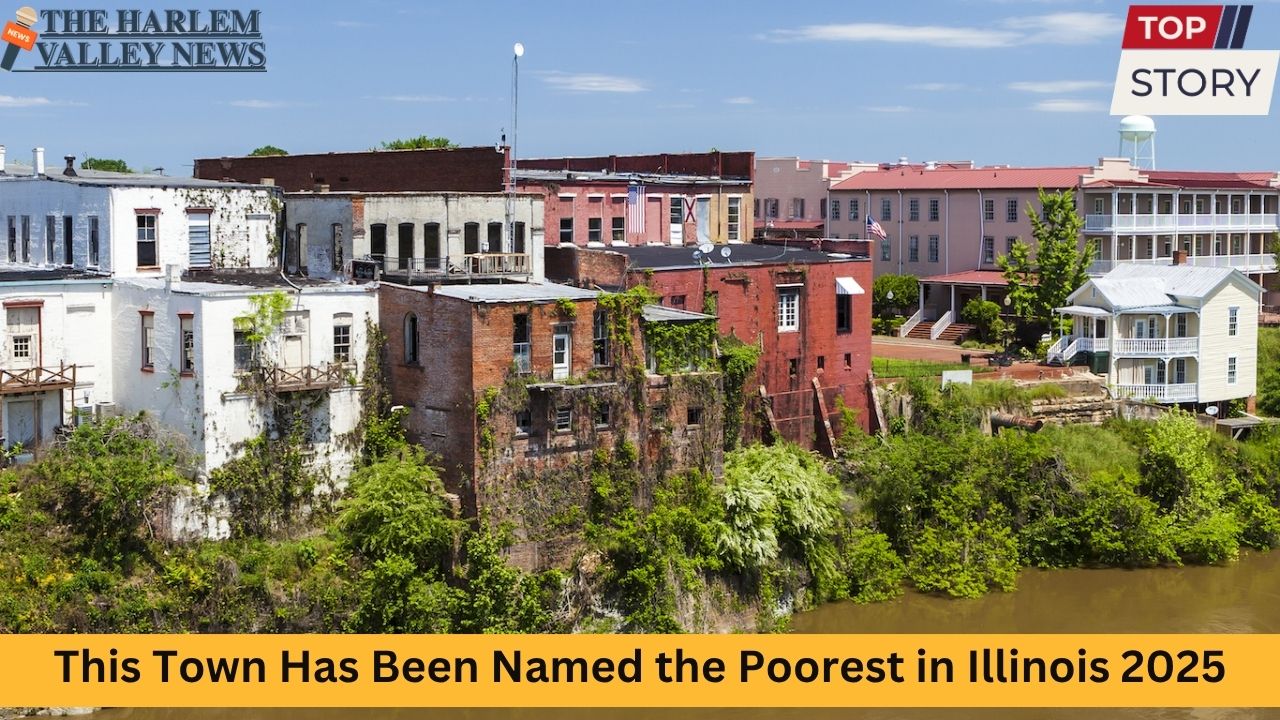
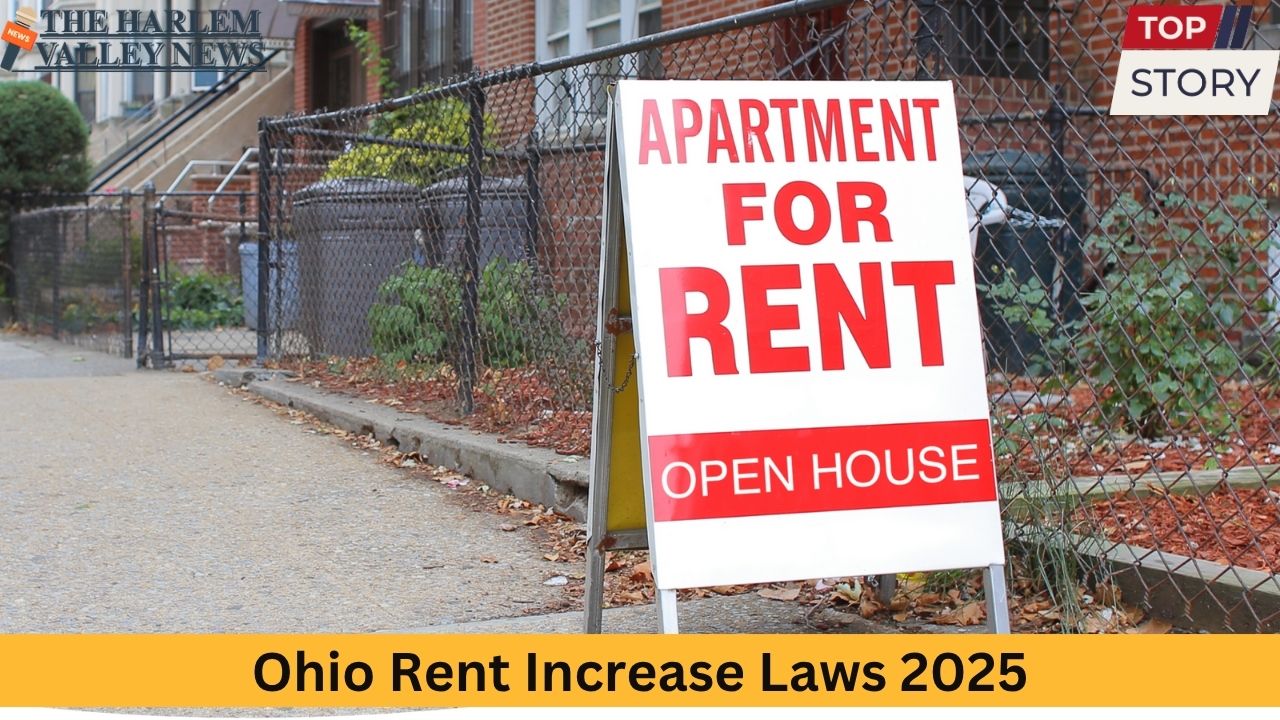




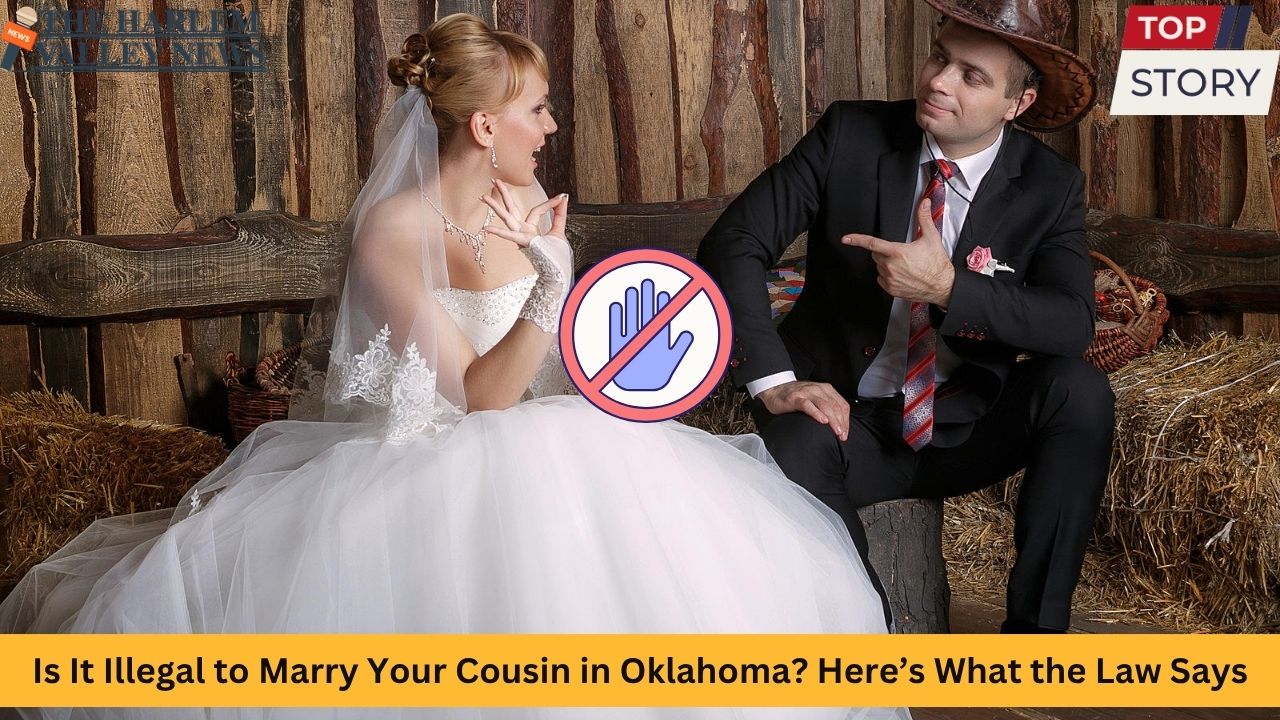


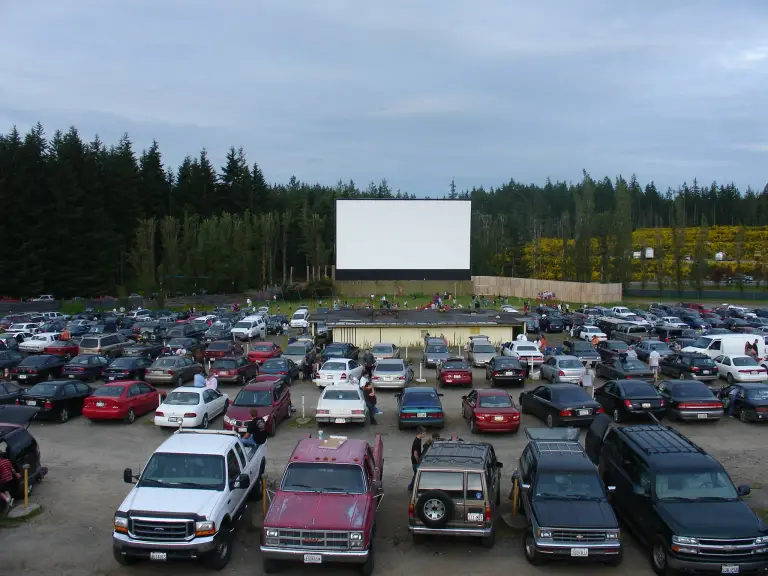
Leave a Reply